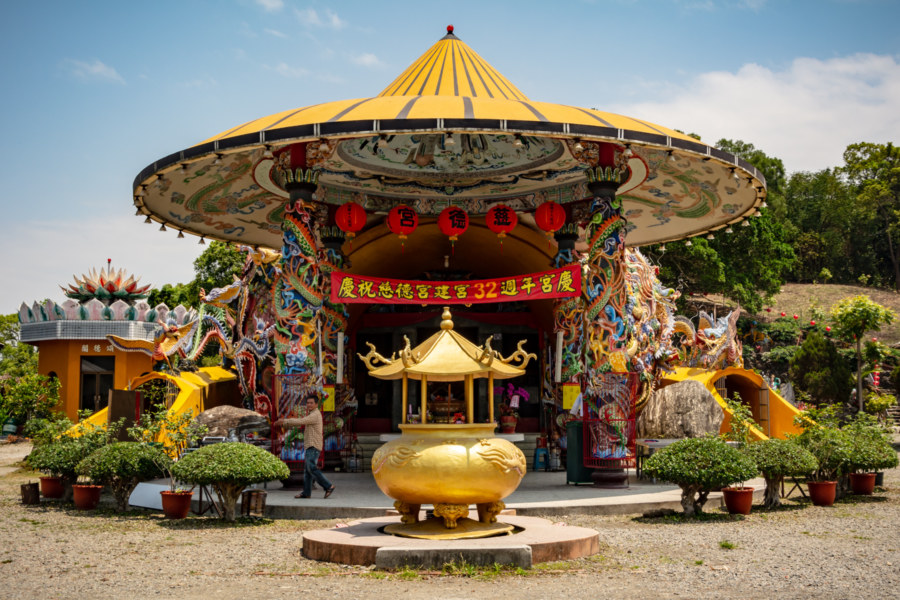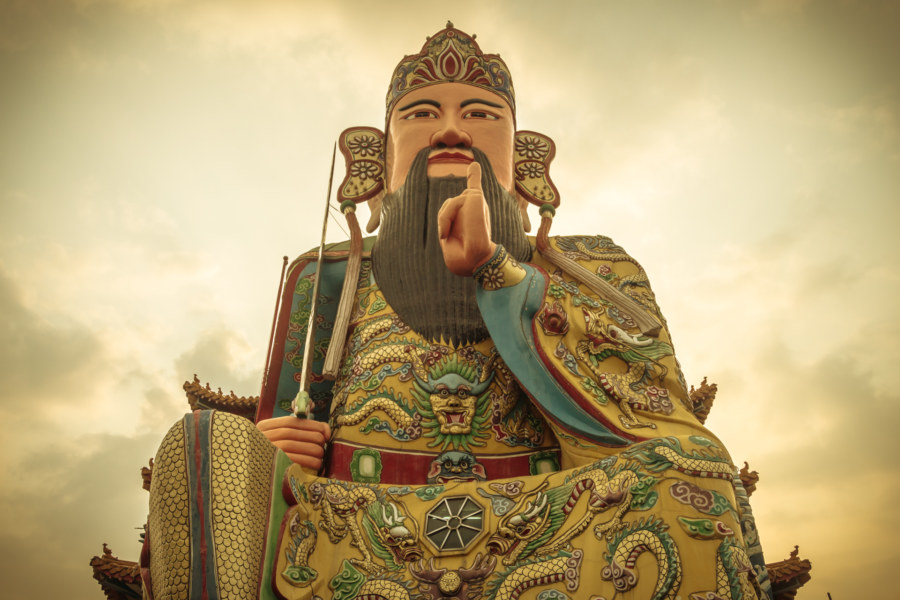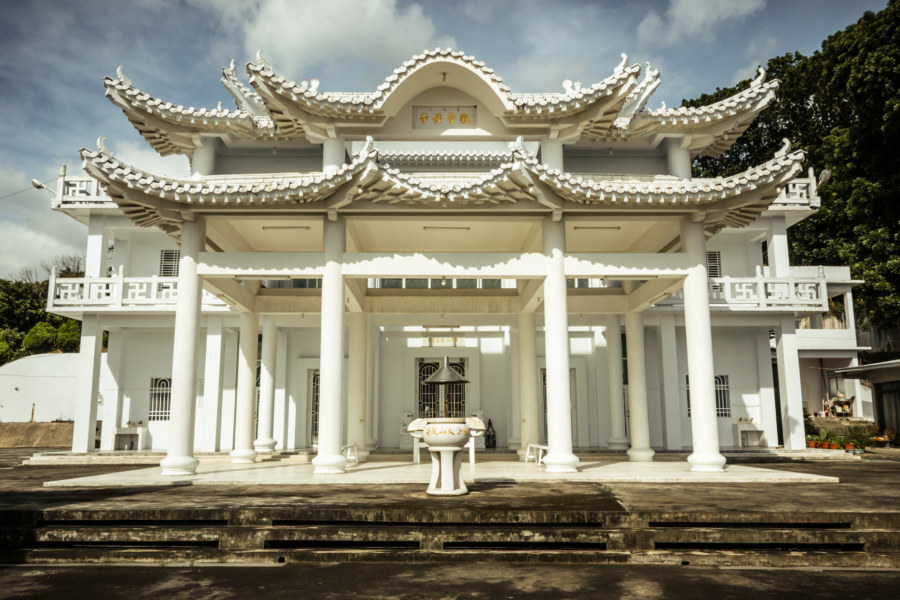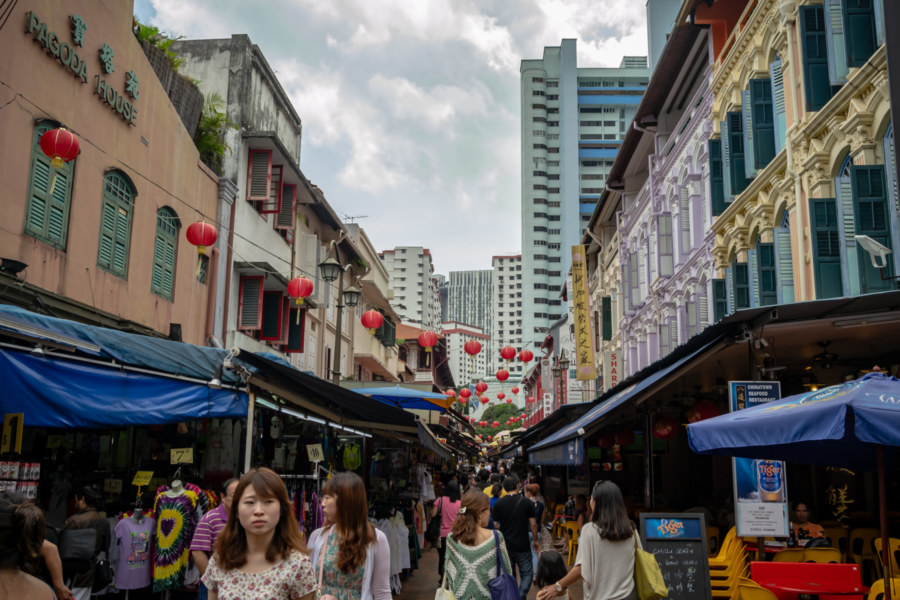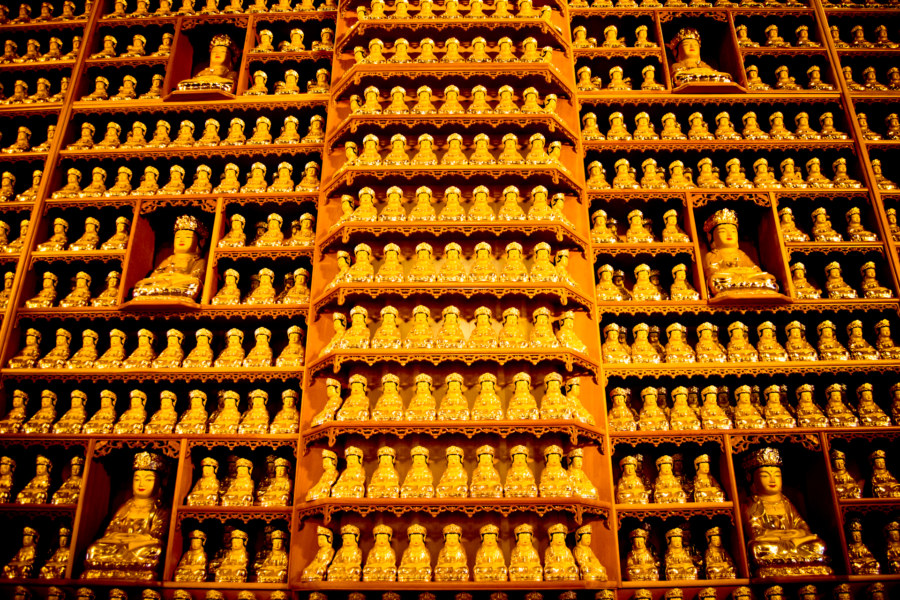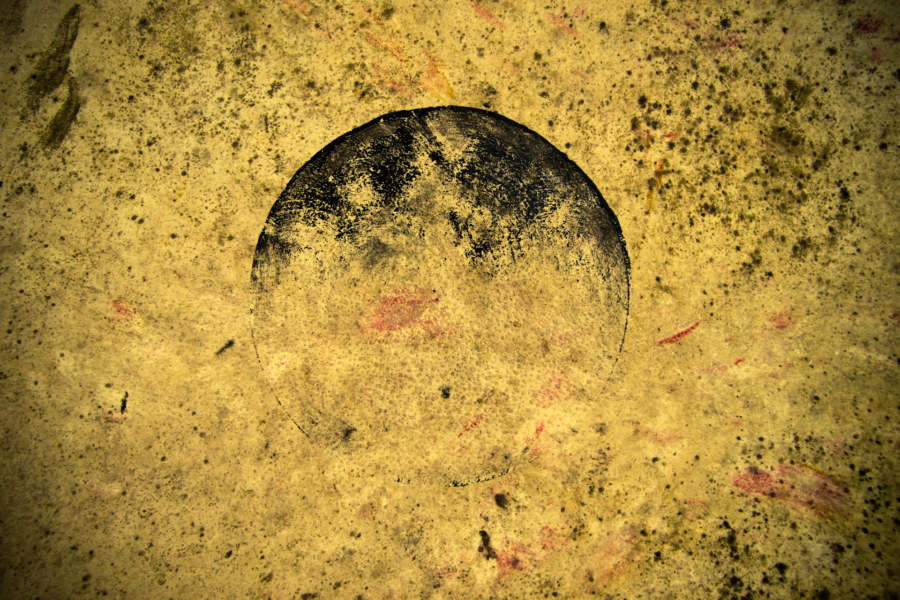Cídé Temple 慈德宮 (also romanized as Tzude Temple) is an unusual manifestation of Taiwanese folk religion situated on a hillside overlooking the historic town of Caotun in northwestern Nantou, Taiwan. Constructed in 1984, it was inspired by the recurring dreams of a local fruit farmer, Zhāng Wénqǐ (張文杞), and funded by generous donations from the community. The main hall of the temple takes the form of a bottle gourd (葫蘆) laying on its side, and the entrance is covered by a conical bamboo farmer’s hat (斗笠). These features give the temple its peculiar shape, but they were not chosen at random; the design is inspired by ancient Chinese mythology, albeit with an idiosyncratic twist.
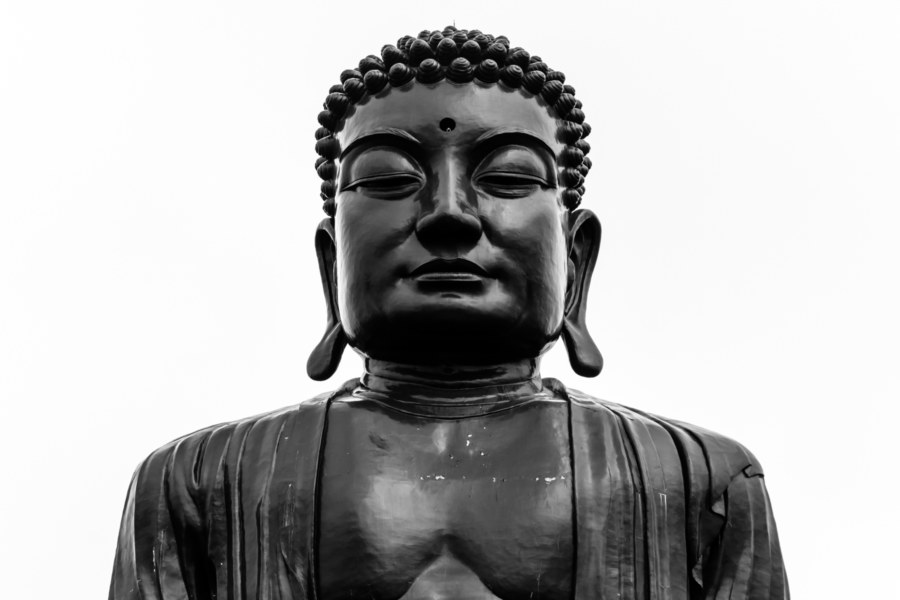
You are the buddha.
Hengwen Temple 衡文宮
Héngwén Temple 衡文宮 is located on the south side of Yuanlin, a mid-sized city in Changhua, Taiwan. Completed in 1976, this temple is mainly notable for its 72 foot-tall statue of Xuán Wǔ 玄武, literally “Dark Warrior”, alternately known as Xuán Dì 玄帝 (“Dark Deity”) or Xuántiān Shàngdì 玄天上帝 (“Dark Heavenly Deity”) among many other names. The statue itself is a hollow structure containing several additional floors filled with murals depicting the origins of Xuan Wu as well as various small shrines. A similarly oversized statue of Xuan Wu can be seen on the famous Lotus Pond 蓮池潭 in Zuoying, Kaohsiung, and there’s probably several more scattered around Taiwan, but this one is apparently the largest of its kind. Such claims are often difficult to verify as pretty much any temple with a big statue is likely to say the same thing.
Putuoshan White Temple 普陀山白衣道場
Pǔtuóshān White Temple (普陀山白衣道場) is one of the more unusual temples I have visited in Taiwan. Named after Putuoshan, one of the holy mountains of Chinese Buddhism, and dedicated to the worship of Guanyin (觀音), goddess of mercy, it appears to have been built in 2004. Apart from these basic details it seems like very little is known about this mysterious temple.
Postcards From Singapore
These photographs were captured on a short two day, three night visit to Singapore in February 2013. I was unable to do more than scratch the surface of this intriguing island city-state on such a brief trip, but I did manage to take a few interesting shots while I was there. Most of my time was spent in Singapore’s historic Chinatown, known in Chinese as Niúchēshuǐ 牛車水 (literally “ox-cart water”), but I also ventured into Little India and the Downtown Core.
Bongeunsa Temple
Bongeunsa 봉은사 (Hangul: 봉은사; Hanja: 奉恩寺) is a Buddhist temple in the Gangnam (yes, that Gangnam) of Seoul immediately across from COEX Mall, supposedly one of the largest in Asia. Towering skyscrapers on the horizon are a stark reminder of the modernity outside the temple grounds. Inside, many of the structures show their age, particularly the antique bell house (depicted in the last photo below). Still, little remains of the original Bongeunsa. As with other historic sites in Seoul it has undergone many renovations and improvements over the years. The results are pleasant enough to walk around but one does not feel the weight of history in this place.
The Temples of Koh Phangan
There are many interesting temples to explore on the island of Koh Phangan. This gallery features several photos I captured at various sites around the island.
